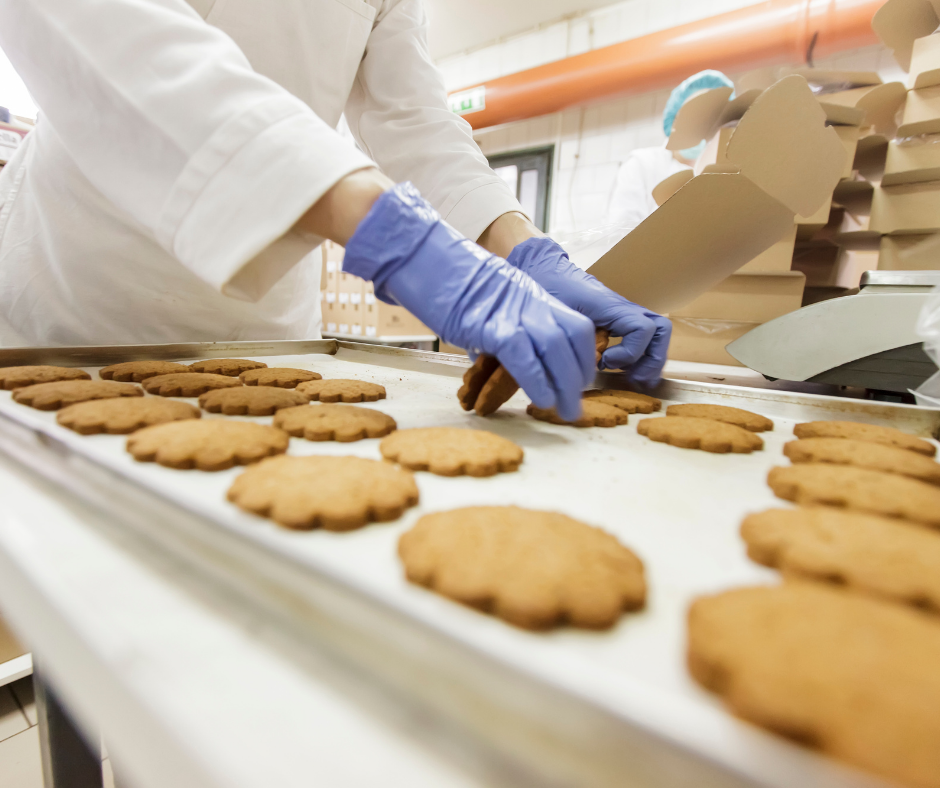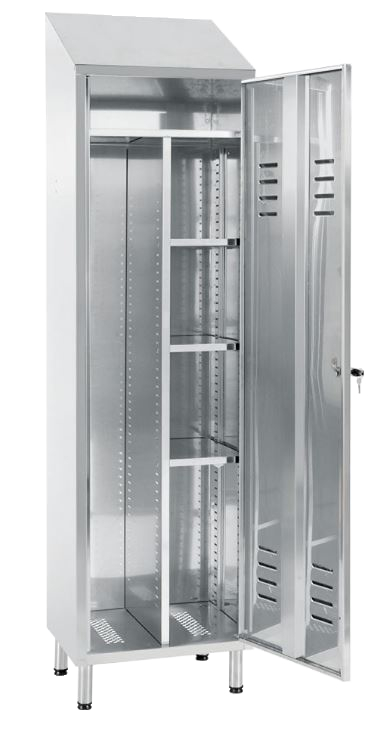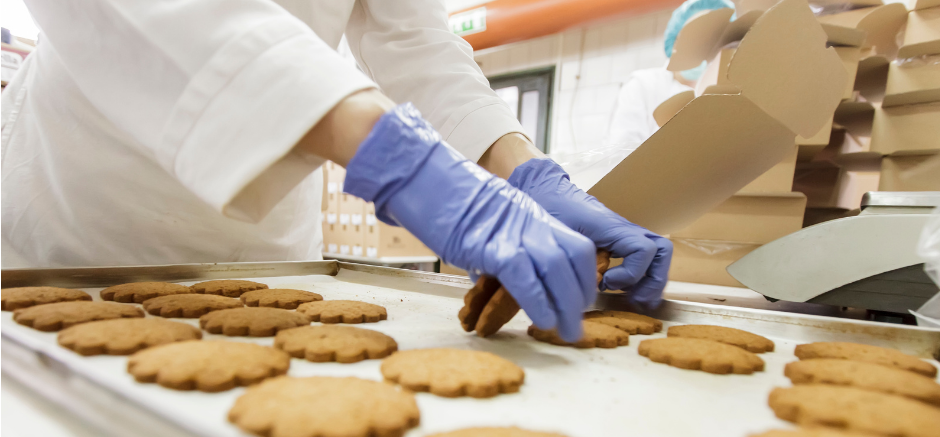The importance of hygiene
Over the years, the food production sector has evolved, transforming itself from a more artisanal dimension into a real industry.
However, together with the growth of these processes, obviously the problems related to hygiene and compliance with safety standards also increase. Producing food on a large scale means being able to serve more people, but also exposing more individuals to risks, potential contamination and problems.
For this reason, more and more, compliance with hygiene standards within the production processes of the food industry has become fundamental.
Hygiene concerns:
- Food
- People and environments
- Installations
Let’s focus on the last entry. If the machinery and equipment used in the food sector must be correctly managed by the operators, another fundamental aspect of their hygienic performance is the material in which they are made.

When a material is hygienic
A material can be defined as hygienic based on a series of very important parameters:
- Corrosion resistance
- Presence of a protective coating
- Surface porosity
- Bacterial removability in cleaning cycles
- Bacterial retention after cleaning cycles
The last two items specifically represent the ease of removing bacteria from the surface of the material, during cleaning, and the amount of bacteria following it.
The lower the porosity, removability and bacterial retentivity of a material, the more hygienic it is considered. On the contrary, in fact, a surface in contact with food could transfer harmful substances to them.

Stainless steel and its characteristics
Among all the materials available to produce machinery and plants for food and food production, stainless steel proves to be the most reliable and safe.
The hygiene of stainless steel is very high thanks to its characteristics and physico-chemical properties.
First of all, it demonstrates great resistance to corrosion, not altering in contact with acidic substances present in various foods such as vegetables, milk, meat and fruit. It is precisely defined as stainless, thanks to the presence of substances such as chromium and nickel.
Furthermore, it is a highly durable and solid material, which responds well to stresses and shocks. There is no risk of material residues detaching and contaminating the ingredients of a preparation.
Technically, it is said that stainless steel has a great inertia towards the substances with which it comes into contact and this ensures prevention of food contamination. It does not alter its odour, color or taste and therefore leaves the organoleptic properties unaffected.
These are the reasons why we choose the best stainless steel AISI 304, AISI 441 and 470Li-24Cr to make our cabinets. This makes them suitable for direct contact with food and for companies in the food sector such as salami, ham, fish, poultry and many others.
The use of stainless steel in the food industry is also regulated by specific regulations which you can find out in our dedicated article by clicking here.
Discover Facilitas quality and contact us for any information using the form below!

